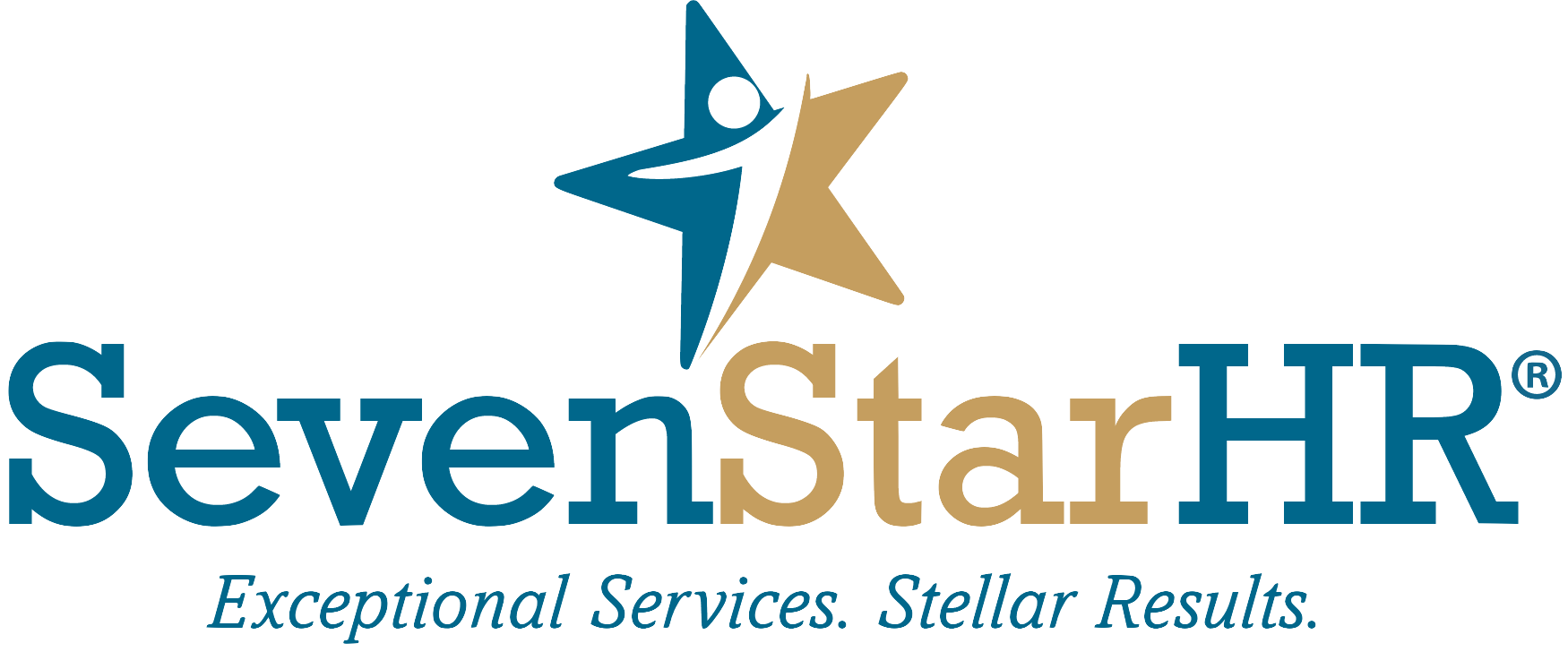The New “No Tax on Tips” Rule: What Employers Must Know Before Making Changes
The One Big Beautiful Bill Act, signed into law on July 4, 2025, introduced a headline-grabbing change: up to $25,000 in tips can now be deducted from taxable income. For employees in service roles, this is likely welcome news. But for employers, it creates a new layer of reporting requirements - and risk.
To qualify, tips must meet very specific criteria. They must be voluntary, not negotiated, and not added automatically to a bill (think restaurant service charges). Only cash tips (including credit card tips and pooled tips) count. Tangible gifts — like movie tickets or gift baskets — don’t. And the deduction is only available to workers in roles that “customarily and regularly” received tips as of December 31, 2024.
That last point is key. The IRS will publish a list of eligible occupations, and employers should not try to stretch the definition. Attempting to reclassify existing income as “tips” to make workers eligible could open the door to enforcement.
Update: for the list of eligible occupations, click here.
Tips must be earned in an occupation that customarily and regularly received tips on or before December 31, 2024. That includes roles like restaurant servers, bartenders, and hotel staff — but not professionals in fields like healthcare, performing arts, finance, or consulting.
The deduction is retroactive, but terminates for tax years after 2028. Tax deduction eligibility phases out for individuals earning more than $150,000 (or $300,000 jointly), with a $100 reduction per $1,000 over the limit.
What employers should do now:
Wait for Treasury guidance before making any compensation changes.
Continue reporting all tip income accurately, as required under current IRS rules.
Watch for the updated Form W-2 requirements, which will require employers to break out total cash tips and include the employee’s occupation.

